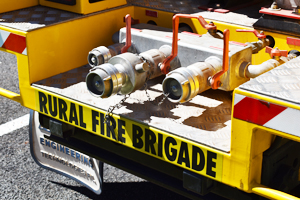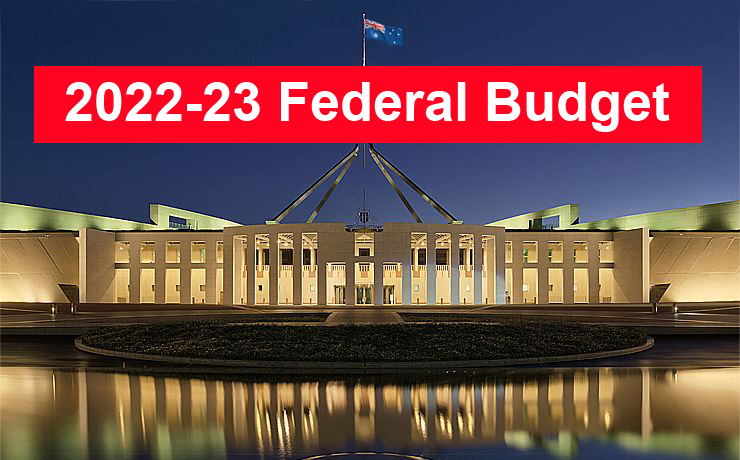
October 27, 2022
How did rural and regional Australia respond to this week’s Federal Budget?
Several parts of the Budget – the first delivered by a Labor government in nearly 10 years – have been welcomed.
However, The Nationals have been much more critical, particularly over the scrapping of proposed dams and the Building Better Regions Fund.
* * *
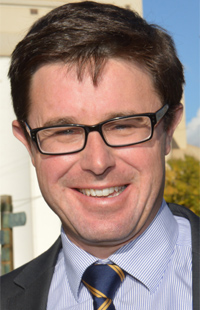
Nationals leader and Member for Maranoa said Labor had “abandoned Australian farmers and ripped the heart out of the agriculture industry”.
“Labor has stolen the future of our farmers and our industries that pay the bills,” Mr Littleproud said. “Their terrible Budget will create enormous damage, putting an axe through our agriculture sector.”
He criticised the scrapping of the Ag Visa scheme and said Labor had promised to create 4.8 million hectares of additional protected areas.
“Where will this come from and how will this be done? It’s just one more factor to scare farmers and create fear. Labor has appeased its city mates at the expense of agriculture, fisheries and forestry. It is heartbreaking for our agriculture industry.”
He said the $5.6 billion Hells Gate Dam proposal had been scrapped and funding for the Dungowan Dam, Emu Swamp Dam, Hughenden Irrigation Scheme and Wyangala Dam had been “kicked into the long grass”.
* * *
The shelving of several dam projects in Queensland has sent shockwaves through rural and regional communities, according to Member for Nanango Deb Frecklington.
“Dam projects like Urannah and Hells Gate were set to create thousands of direct and indirect jobs, and a raft of new infrastructure for North Queensland,” Mrs Frecklington said.
“Urannah was also set to deliver reliable and affordable energy through hydroelectricity at a time the Federal Government’s own figures show power prices will rise by over 50 per cent.
“It is incredibly concerning the Premier and Water Minister failed to advocate for this vital funding to remain.
“Both Urannah and Hells Gate were set to provide certainty of water security for thousands of agriculture producers and manufacturers right across Queensland.
“Emu Swamp Dam is now on life support … with signs it could also be callously cut.
“I have always said water security should be above politics, because water represents life, hope and prosperity.”
* * *
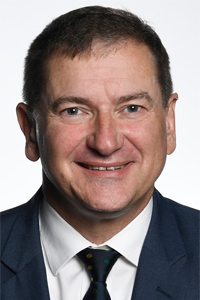
Member for Wide Bay Llew O’Brien said councils and community groups had been “treading water” for five months to find out the fate of local projects.
He said the Budget had confirmed funding for the Community Development Grants he had secured from the former Coalition Government but local Building Better Regions Fund (BBRF) applications had been axed.
Murgon’s Creative Country Association and Gympie Regional Council are among applicants under Round 6 of BBRF whose submissions were under assessment before the program was killed.
“People put a lot of time and energy into preparing quality applications for a range of proposals throughout Wide Bay and to have them dismissed out of hand shows utter contempt by the Labor Government,” Mr O’Brien said.
“These groups applied for the funds in good faith and the Government should have let the assessments proceed.”
* * *
The National Rural Health Alliance was disappointed the Budget had failed to deliver the “significant investment and innovation required to meaningfully address the health access challenges facing rural communities”.
Alliance CEO Susi Tegen said the Budget did acknowledge the need for initiatives to support and encourage a rural health workforce, including increasing funding to both the doctor and practice streams of the Workforce Incentive Program, support for additional rural generalists and junior doctors, and expansion of Single Employer Model trials.
“However, it lacks a bold and broad approach to innovation in primary healthcare delivery in rural areas,” Ms Tegen said.
The Alliance has been calling for a commitment from the Federal Government to roll out a new model of primary health care for rural communities – rural area community-controlled health organisations.
The Royal Australian College of General Practitioners (RACGP) warned that although the Budget delivered on key election promises, significant funding for general practice care was still urgently needed to address the GP crisis.
The Budget included a re-commitment to $250 million per year in GP funding over three years as well as $143.3 million for rural and remote healthcare, and $229.7 million in general practice support grants to build better infrastructure. However, it did not address the immediate challenges facing GPs, including a lack of funding following years of Medicare freezes and inadequate indexation of patient rebates.
* * *
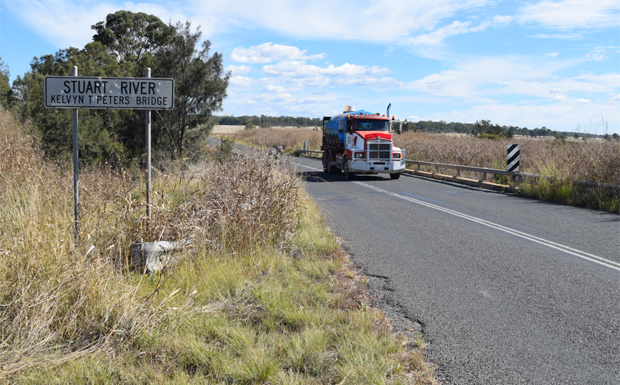
The Local Government Association of Queensland (LGAQ) said the Budget had failed to address a shortfall in funding for councils.
While it welcomed a boost in road funding it was disappointed other funding had been delayed.
“Councils will welcome the confirmed increase in the highly successful Local Roads and Community Infrastructure Program (LRCIP) – up $40 million to $171 million this year for Queensland councils – but would still like to see it made permanent with the certainty that would provide,” CEO Alison Smith said.
But the LGAQ was disappointed that funding under the Bridges Renewal and Roads of Significant Interest programs had been “pushed out”.
“There will also be concern about the reduction in water infrastructure funding for Queensland,” Ms Smith said.
Councils were looking forward to more details being released about the new Growing Regions and Precincts and Partnerships programs. Growing Regions is the replacement for the Building Better Regions Fund.
* * *
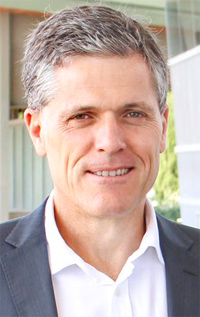
AgForce welcomed the Budget’s commitment to biosecurity but said more needs to be done to protect farmers.
Spending of $134.1 million over four years has been allocated to ramp up the nation’s biosecurity preparedness.
$61.6 million from the 2021-22 Budget will also be fast-tracked to improve domestic detection and response capabilities in Northern Australia and provide assistance to Indonesia to deal with its disease outbreaks, to be spent over the next two years instead of four as originally intended.
As well, over the next three years $46.7 million has been allocated to speed up the development of a national livestock traceability system, doubling the former government’s funding.
“This significant investment in biosecurity is the result of a strong, detailed and multifaceted collaboration between AgForce, industry, and the government,” AgForce CEO Michael Guerin said.
“It’s a small price to pay, given the $80 billion impact an outbreak of FMD alone could have on our national industry, and we applaud the commitment.
“However, there are a host of diseases and pests lurking in the shadows, poised to attack our crops, pastures and livestock at any moment, and it’s frustrating that the government is yet to deliver on its election promise to deliver long-term sustainable funding arrangement to keep this country safe.”
AgForce listed the Budget “wins” as funding to support producers with sustainable farming projects, improving connectivity in the bush, the establishment of a National Reconstruction Fund and a commitment to spend $20.8 million over the next two years to support Australia’s readiness to respond to droughts.
Its Budget “losses” included underwriting rather than funding travel costs under the Pacific Australia Labour Mobility (PALM) Scheme, $4.6 billion in cuts to water infrastructure projects and Murray-Darling water buybacks.
* * *
Other dam projects may have been scrapped or delayed, but farmers worried about the future of the Paradise Dam can breathe a sigh of relief with confirmation that $600 million has been allocated in the Budget.
The State Government and Federal Government will now jointly fund the $1.2 billion rebuild.
* * *
The RACQ welcomed an investment in Queensland’s land transport infrastructure, road safety programs and the launch of a Disaster Ready Fund.
Spokesperson Dr Ian Jeffreys said the club was also pleased with the commitment to cut taxes and prices on electric cars.
“This incentive will make electric cars more affordable and help Queenslanders transition to sustainable modes of transport,” Dr Jeffreys said.
* * *
Nationally, charity group The Brotherhood of St Laurence acknowledged positive measures in the Budget, especially for children, women, housing, skills, climate, community services and older people.
“Sadly, however, there was not enough in the Budget to address the pressures facing households that are experiencing poverty and disadvantage right now. This needs to be a much bigger national priority,” executive director Travers McLeod said.
“The reality is life will become much tougher for many more people over the coming months and years. There will be greater pressure on the services provided by BSL right across the life course, and much more attention must be paid to solving these issues in the May 2023 Budget.”












